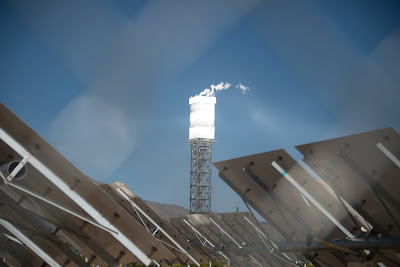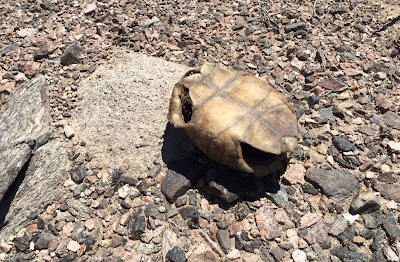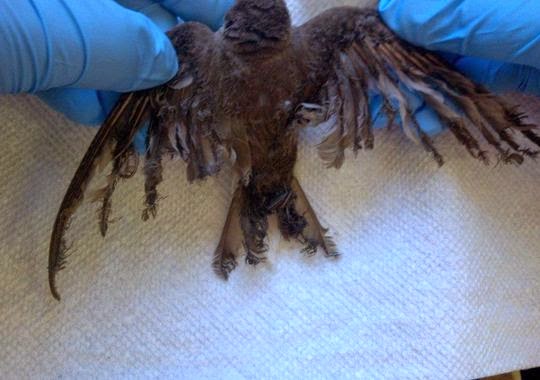Road to Recovery for Declining Tortoise Population Increasingly Narrow

The desert tortoise population continues to experience a significant decline, despite 26 years of recovery efforts under the Endangered Species Act. Since 2004 - years into the recovery effort - the overall population has declined by nearly 32% , and the decline is even steeper in certain portions of the tortoise's range. This startling trend is not evident in the Department of Interior's public posture, which is optimistic on the ability of landscape-level planning to protect habitat linkages and project-level mitigation to offset local population losses. A closer examination of land management and mitigation practices calls into question Interior's resolve to arrest the decline of the desert tortoise as its habitat becomes increasingly fragmented. Tortoise Population Spirals Downward When the desert tortoise was listed as threatened under the Endangered Species Act in 1990, initial research and anecdotal evidence suggested human impacts were chiefly responsib...







